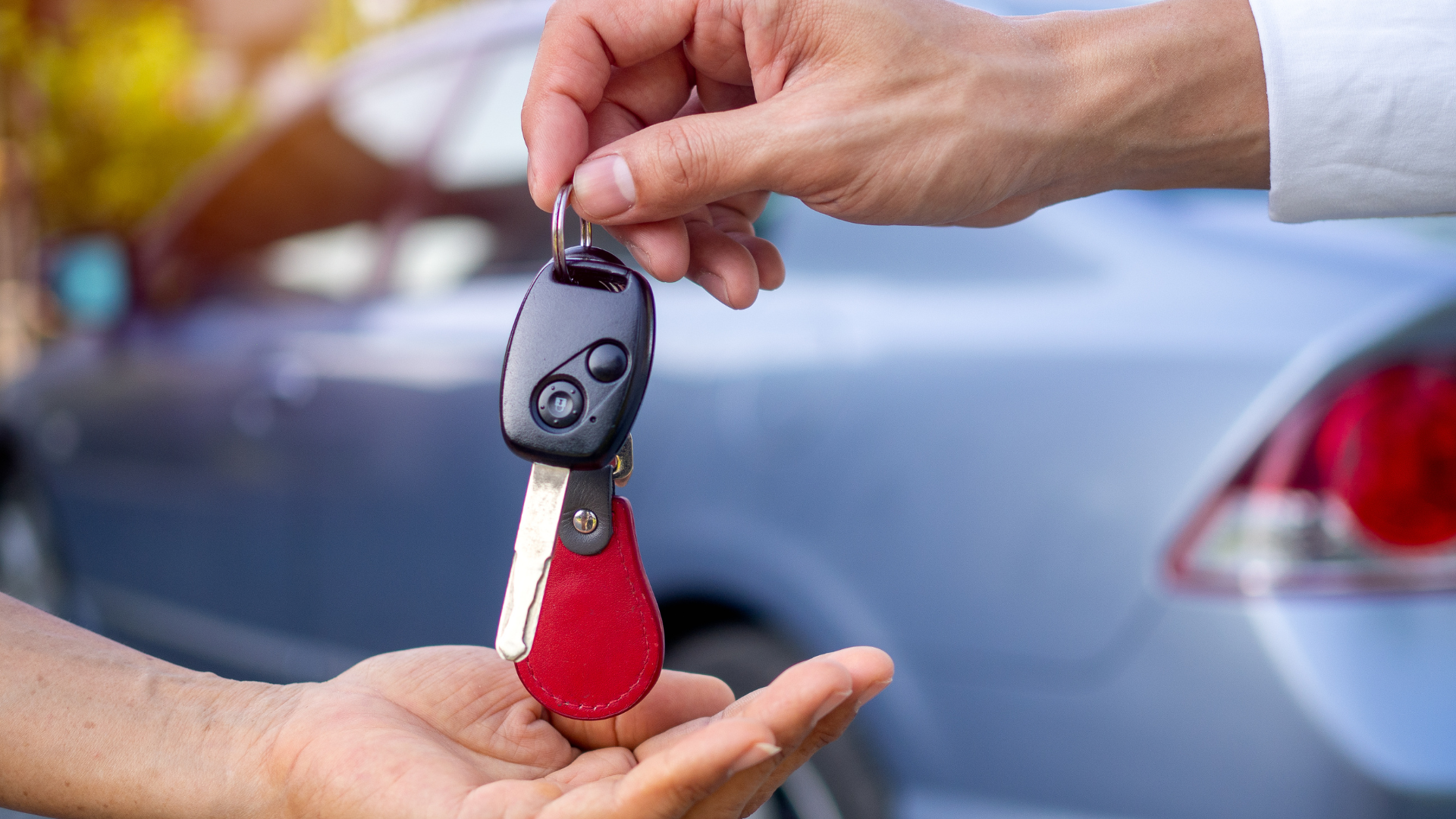
Sometimes after selling a car to a customer, the vehicle needs to undergo an unforeseeable repair. To gain trust and build a relationship with the customer, your dealership offers a loaner so the customer is not without a vehicle while your complete the repair. It is tempting, but don’t make the mistake of providing a loaner on goodwill without an agreement– it can come back with a world of legal headaches in the end. In this article we define what a loaner is, outline a common case study, and explain what should be in a loaner agreement.
If you are more of an audio/visual type, click below to watch the YouTube version of this blog.
When a car dealership decides to do a goodwill repair, or any repair really) for a customer, they can decide to give the customer a loaner for the length of the repair. As a dealer, loaners gain customers’ trust and build lasting relationships with them because you are trying to make an inconvenient situation more manageable for them.
Lefkoff recently ran into a case where a dealer did not thoroughly outline their loaner agreement. Specifically, the loaner agreement did not identify when the vehicle was due back. The customer’s car needed a pretty intricate repair and was with the dealer for a couple weeks. The customer lost faith and did not trust that the car they bought (the one being repaired) would ever be fully fixed or drive like it was supposed to.
When the repair was complete, the dealer called the customer and said, “Your car’s ready for pickup.” The customer said, “I’m not bringing the loaner back.” A big problem, right? Certainly, the loaner is not the property of the customer; however, the lack of detail in the loaner agreement turned this into a legal headache.
To settle this case, the first thing we looked for was the loaner agreement and whether it identified when the car is due back. Because these terms are not written into to loaner agreement, it prolonged the process and became an expensive legal headache for the dealer to get the loaner back.
We were able to resolve the issue: the dealer got the loaner back and the customer got the car they paid for back. Although this case was settled, this is a preventable scenario.
It’s advisable that a dealer provide a customer with a detailed, written, and signed loaner agreement when they take a car out on loan and not just give the keys over and say “Bring it back when we call you.” Such an agreement protects all parties involved. So what should be in a loaner agreement?
Loaner agreements should contain, at minimum, the following:
If you are looking for more support when it comes to writing a standard loaner agreement or you want to review your current one, you can also book a strategy session with us here. We’ll personalize your counsel and guide you through everything to ensure your business is protected.
Looking for more legal know-how to protect and empower your business? Join The Driveway, our monthly legal membership program. Check it out here!
Steven is the founder of Lefkoff Law and is committed to providing legal educational resources for businesses. Lefkoff Law serves Georgia-based small businesses and specializes in supporting car dealers.